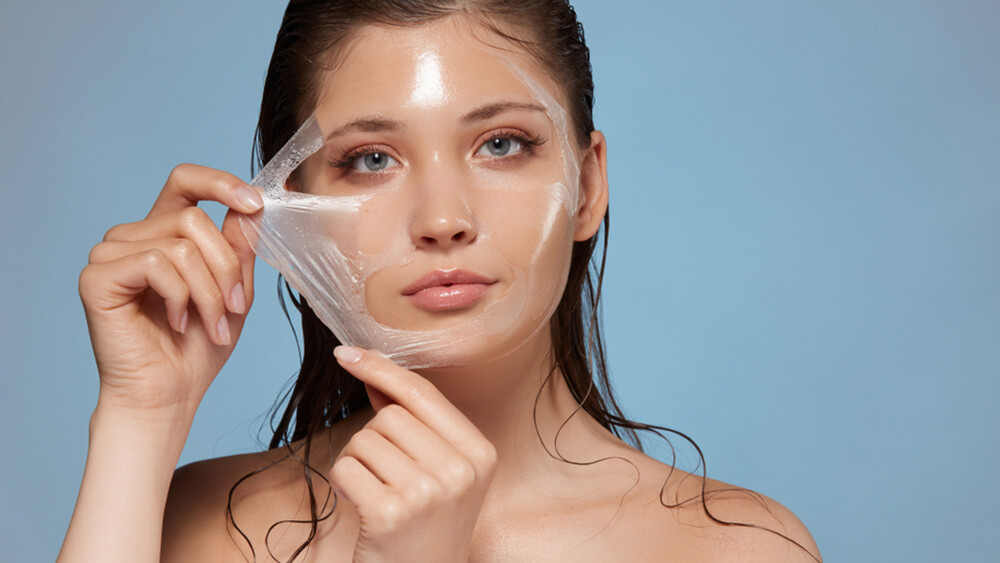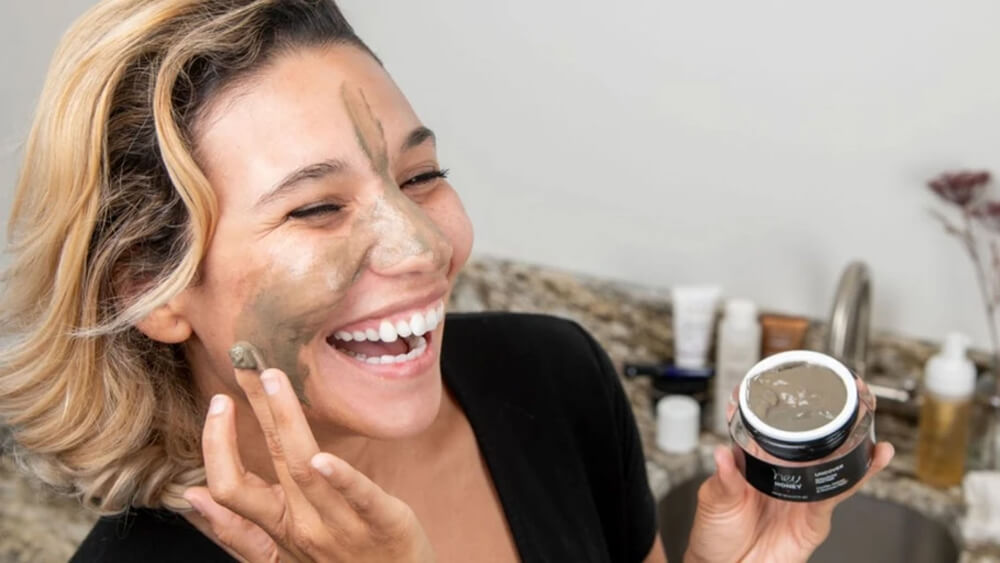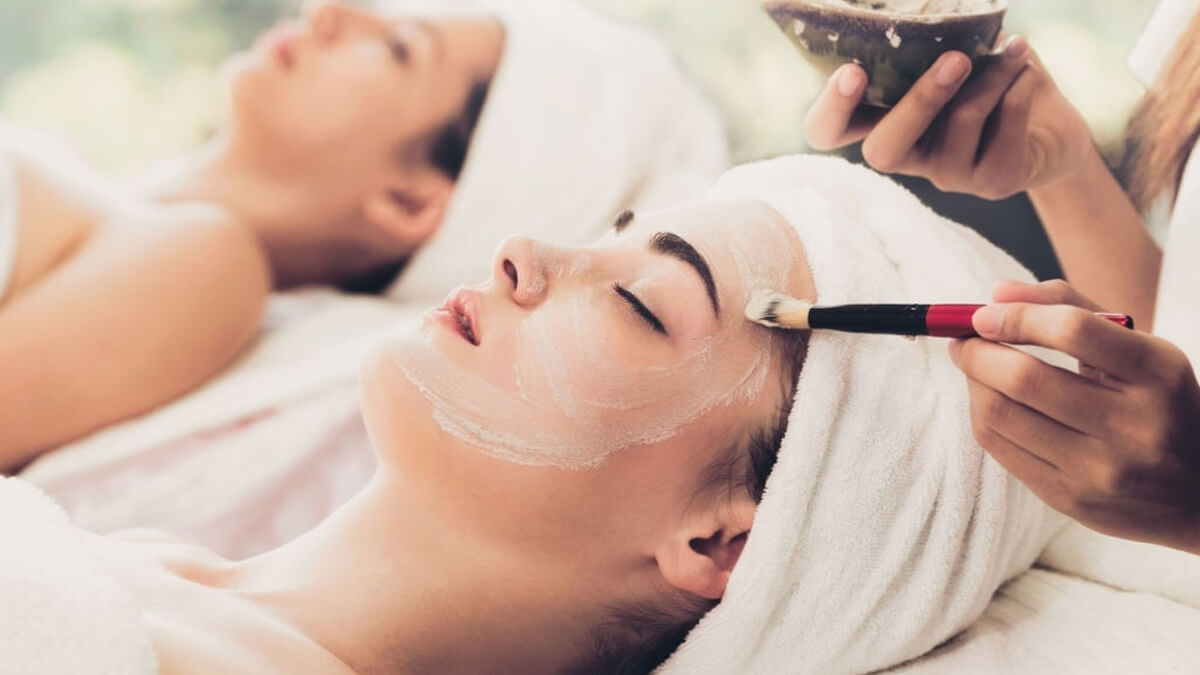Beautiful, healthy and fresh skin has always been considered in all eras. The skin is the widest tissue in the body and covers the entire body. This tissue consists of three layers of epidermis, dermis and hypodermis. These three layers are different in terms of function and structure. Since the skin acts as the first barrier against ultraviolet rays, germs, contaminants, pathogens, etc., it is highly vulnerable to damage, so we should consider using a suitable mask, but first, let’s have an overview of two types of enzymatic and chemical masks.

What is a chemical mask?
Chemical masks use acid to exfoliate the skin. Their strength varies depending on the power of their ingredients. Mild prescriptions of chemical masks can be done at home, but for more severe treatments, it is wise to see a professional. A dermatologist can help you determine exactly which formulation will work best for your particular skin type without being too harsh or damaging. Chemical masks affect two layers of skin – the epidermis and the dermis. The aftercare of a chemical peel can also vary, depending on the strength of the skin. Chemical masks usually cause redness and peeling that can last from one to two weeks. Special instructions may be needed, such as keeping the skin dry for 24 hours, avoiding sun exposure, and not applying makeup until the skin is completely healed.
What is an enzymatic mask?
Like chemical masks, enzymatic masks help dissolve dead skin to make it look healthier. However, the main difference between chemical and enzymatic masks is the gentleness of the enzyme peels. Fruit enzymes such as papaya, pumpkin, pomegranate and pineapple are used in the skin. Since they are a fruit derivative, this is a more natural option. With the help of enzymatic masks, the dead skin cells are removed. However, living skin cells won’t break up like some chemical masks. This allows the skin to exfoliate deeply and clear the pores of the skin without being too rough and stiff.

What type of mask is better for me?
As with any product or treatment, you need to consider your specific skin type when choosing a mask. This will help you to ensure that you get the results you are looking for without damaging your skin.
A chemical mask is a good choice if
- You do not have sensitive skin.
- You have oily or acne-prone skin.
- You are looking for more intense and long-lasting results.
- You want to start slowly and gradually reach a higher intensity peeling.
- You are ready to deal with 1-2 weeks of redness and peeling of the skin.
An enzyme mask is a good choice if
- You have sensitive or dry skin.
- You prefer natural skincare products.
- You prefer a milder treatment than chemical masks.
- You are looking for a home treatment option.
- You prefer a faster recovery process.
- You are pregnant or breastfeeding.
You may want to use retinol, abrasive scrubs, or other chemical peels to ensure your skin is not sensitive before peeling.

What are the benefits of enzymatic masks?
There are many benefits that enzymatic masks bring to the table; some of them are:
- Immediate Results
- No downtime
- Better texture and color for your skin
- Great for pregnant or lactating women
- Less harsh
- Natural ingredients
- Less acne
- Budget-friendly
Regular use of an enzymatic mask helps reduce and prevent acne so you can get the best out of your face and live with confidence.


